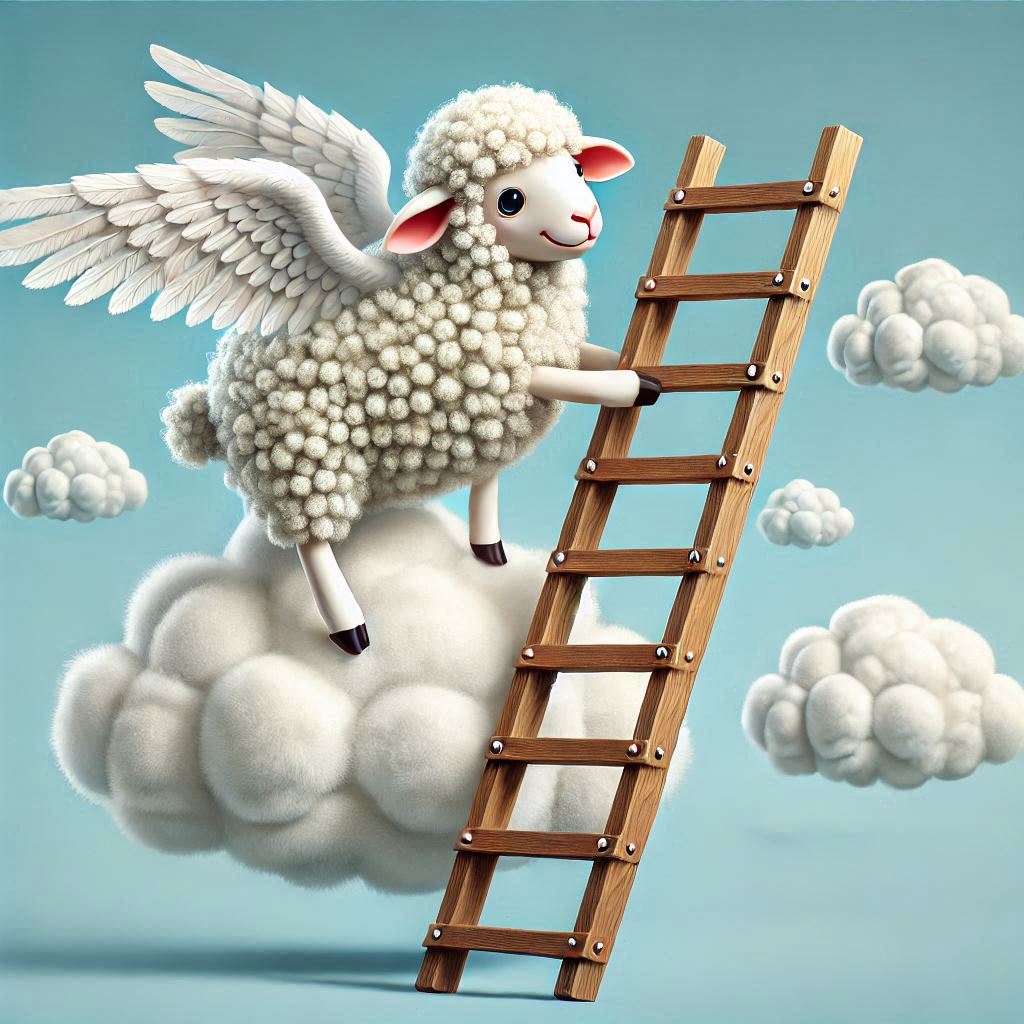The word that is mentioned maybe more than any other in this Parsha is Sheep.

Sheep symbolize livelihood and blessing, as Yaakov begins his journey penniless but, through his diligence and reliance on God, transforms Lavan’s meager flocks into a source of immense prosperity, blessing both himself and Lavan. The repeated focus on sheep highlights Yaakov’s industriousness and integrity as he works tirelessly to build his household while recognizing that his success ultimately comes from Hashem’s guidance. This combination of effort and faith offers a timeless lesson on balancing human initiative with divine reliance.
Sheep also reflect divine justice, as seen in the story of the speckled and spotted sheep, where God ensures that Yaakov’s years of labor are rewarded despite Lavan’s repeated deceit. Yaakov’s strategy, inspired by God, allows him to reclaim what is rightfully his, demonstrating that Hashem intervenes to uphold justice and protect the righteous. This theme ties back to last week’s parasha, where Yaakov covered his arms with sheepskin to receive Yitzchak’s blessing. The sheepskin represents the complex path Yaakov must take to fulfill his divine mission. Similarly, in Vayetze, sheep become a vehicle for Yaakov to grow spiritually and materially, as his integrity and perseverance bring him closer to fulfilling his covenantal destiny.
The flocks Yaakov accumulates are more than a sign of wealth; they symbolize the continuity of the covenant. Throughout Jewish tradition, sheep are associated with offerings that connect humanity to God, such as the ram at the Akedah or the korban Pesach during the Exodus. Yaakov’s growing flocks reflect his transformation from a solitary individual to the patriarch of a nation, signifying his role as a shepherd of God’s people. His journey teaches us that material success can be deeply intertwined with spiritual growth when it is achieved through faith and adherence to divine values.
We can also learn from the nature of sheep, which instinctively trust their shepherd to lead and protect them. Sheep rely entirely on the care and guidance of a loyal shepherd, much like Yaakov learns to rely on Hashem during his trials. As Yaakov faces the darkness of exile, the deception of Lavan, and the uncertainty of his future, he gradually builds his character to the point where he fully trusts in Hashem’s plan. This trust is most evident when he declares later, “The God of my father… has been with me” (Bereishit 31:5), recognizing God’s presence even in the most challenging times. Like sheep trusting their shepherd, we, too, must strive to trust in Hashem’s guidance, even when the path seems unclear.
Ultimately, the sheep in Parashat Vayetze remind us of the balance between hard work, faith, and trust in divine providence. Yaakov’s transformation, from a fugitive to the father of a great nation, mirrors the growth of his flocks and underscores the importance of perseverance and belief in God’s justice. Just as Yaakov tended to his responsibilities with care and relied on Hashem’s guidance, so must we nurture the blessings in our lives and trust in the divine shepherd who leads us toward fulfillment and purpose.
Shabbat Shalom!
Elisha Guberman and the JET Team

